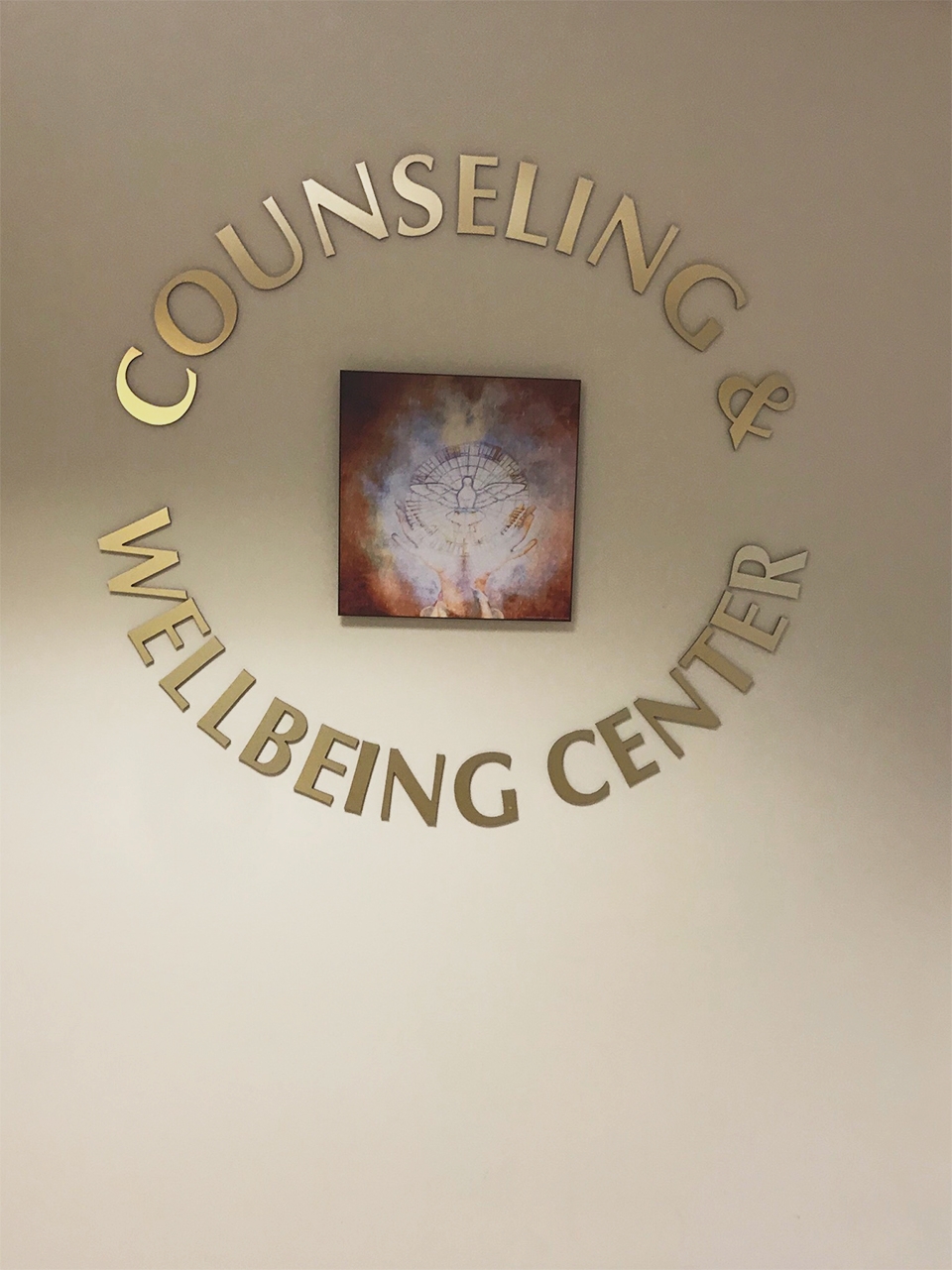
Zoe Stratos | opinions editor
Sept. 30, 2021
This past week, the highly acclaimed, award-winning musical Dear Evan Hansen premiered in movie theaters across the country with an important message, but a misfire in the package.
Among the recent wave of musical-turned-movies like In the Heights and the forthcoming Steven Spielberg adaptation of West Side Story, Dear Evan Hansen is heavier, current and chock-full of triggering topics.
Scripted by Tony Award-winning author Steven Levenson and directed by Stephen Chbosky, the story follows the life of Evan Hansen, played by Ben Platt in his reprised role from the original Broadway cast. The seventeen-year-old Hansen is entering his senior year of high school, attempting to overcome his social anxiety and depression, when suddenly, another student, Connor Murphy (Colton Ryan), died by suicide.
The last interaction Evan had with Connor was after signing the cast on his arm: an argument broke out between the two over Hansen’s self-written letter (the title’s namesake). But, it is believed to be Connor’s suicide note to Evan, since he pocketed the note after the altercation.
Grief stricken, the Murphy family believes Evan to be Connor’s only friend, when really they hardly talked to one another. Soon, Evan is caught in a web of lies surrounding his relationship with Connor — and the lies are only complicated by the presence of social media.
Connor’s parents (Amy Adams and Danny Pino) welcome this guest into their lives, and Evan doesn’t stop them, going to great lengths to prove their “friendship” through song, while crushing on their daughter Zoe (Kaityln Dever) and figuring out how to come out of his shell: Until he’s caught.
There’s a lot to be said about the film when it comes to such a “taboo” subject — good and bad. So let’s tap, tap, tap into the glass that is Dear Evan Hansen.
In a recent article published on Nbcnews, Dr. Harold S. Koplewicz, president and medical director of the Child Mind Institute, wrote a review of the film, praising the fundamental honesty of the film in the context of conversations surrounding suicide.
“Its primary message — that mental health disorders are real, common and treatable — will likely be a lifesaver for countless young people. Millions of kids in this country who are struggling with their mental health don’t get identified or treated, increasing the risk of later depression, school failure, substance abuse and even suicide,” Koplewicz said.
Especially in the new film-only song, “The Anonymous Ones,” sung by class president, Alana Beck (Amandla Stenberg), we get to see that people undiagnosed or untreated exist in the mental health realm, too. Everyone has something, and everyone needs support.
According to the Centers for Disease Control and Prevention 2019 Leading Cause of Death reports, suicide was the 10th leading cause of death overall in the United States, claiming the lives of over 47,500 people.
It was the second leading cause of death among individuals between the ages of 10 and 34, the target audience of the film.
We can see that high achievers like Alana, as well as social outcasts like Connor, all struggle in their own way. We even tap into the parental side of struggle, when Evan’s single mother, Heidi (Julianne Moore), reveals her struggles after Evan’s dad left the family during the song “So Big / So Small.”
With that being said, many have criticized the film for its lackluster redemption for Evan, and the overall package of how he dealt with Connor’s suicide.
The film weaves a precarious case of empathy for our main character, while constantly reminding us that our suicide victim really didn’t have much of a personality — until minutes from the end, it’s revealed that Connor was a real human being with real feelings and real struggles.
The biggest issue is the lack of regard for the victim of the story. Not only is Connor sacrificed, but Evan profits off of his death — selfishly and unnecessarily — for the betterment of his own mental health. Evan finally has friends, recognition, support… but at what cost?
Even his own sister, Zoe, eventually becomes tired of the support group made in honor of her brother, and solely wants to focus on her high school romance with Evan.
“Mental illness is a plot device for most of the story, plain and simple. Evan’s anxiety and depression are used as excuses for the manipulative, lying, downright selfish behavior he exhibits throughout. He has numerous chances to set the record straight but chooses not to because he just can’t resist the attention,” Amanda Prahl wrote in a review on Popsugar.
The moral of the film here is controversial. On one hand, it’s important to spread awareness and educate our youth on suicide prevention, especially in a social media driven world. On the other hand, using mental health struggles, as Evan did, as an excuse to manipulate the ones around you isn’t what we want to teach our youth.



